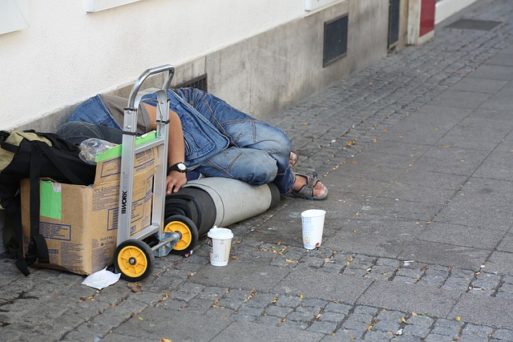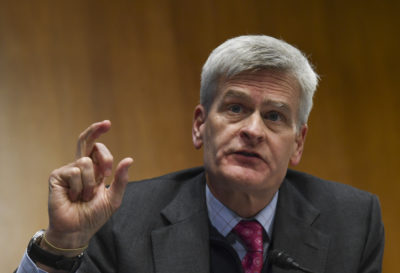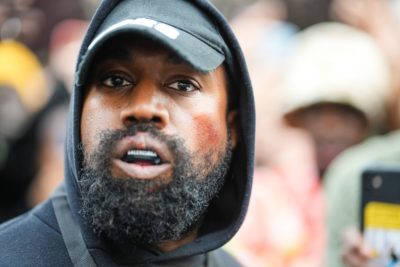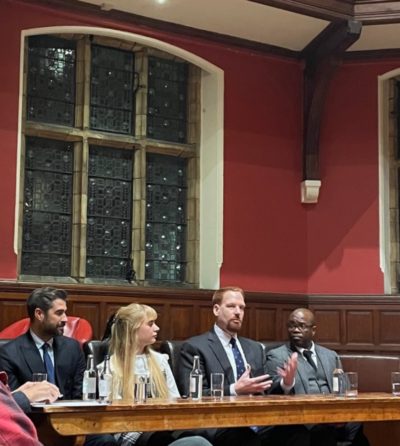(12-21-22) While I don’t like to simply reprint articles, my son, Kevin, told me that this recent story in the Sacramento Bee brought him to tears. He believed that he could have ended up like James Mark Rippee if he’d not had strong family support and a fabulous case manager. Of course, Kevin had to accept that he had a serious mental illness before that support system could help him.
While some might cringe reading about this tragedy so near to Christmas, I feel the opposite. What better time to remind ourselves of the sentiments found in Matthew 25:40.
40 And the King shall answer and say unto them, Verily I say unto you, Inasmuch as ye have done it unto one of the least of these my brethren, ye have done it unto me.
(Thrilled to see that advocate Teresa Pasquini is quoted in this article.)
‘We’ let blind, mentally ill, homeless Mark Rippee die in Vacaville. But let’s name names
BY MELINDA HENNEBERGER
James Mark Rippee, who was blind, severely mentally ill, homeless — and unhelped, despite all the years that his sisters spent trying to change that — died on Tuesday at age 59.
You could say, as doctors at Fairfield North Bay Medical Center did, that he died of multiple organ failure after an untreated urinary tract infection caused sepsis.
Or you could say that the cause was really the 1987 motorcycle accident that took his sight and part of his frontal lobe more than half a lifetime ago, when he was 24.Over the next few years, his brain injury robbed him of his sanity and safety, too.
You could consider some corner of accountability for the entrepreneur who had lately been charging him $600 a month to let him sleep in his backyard, along with other homeless people, though no one knows who left Mark at a Vacaville ER unable to breathe at 2:30 on Saturday morning, long after he should have received medical care.
Or you could say that he died because we just didn’t care enough whether he kept on living.








